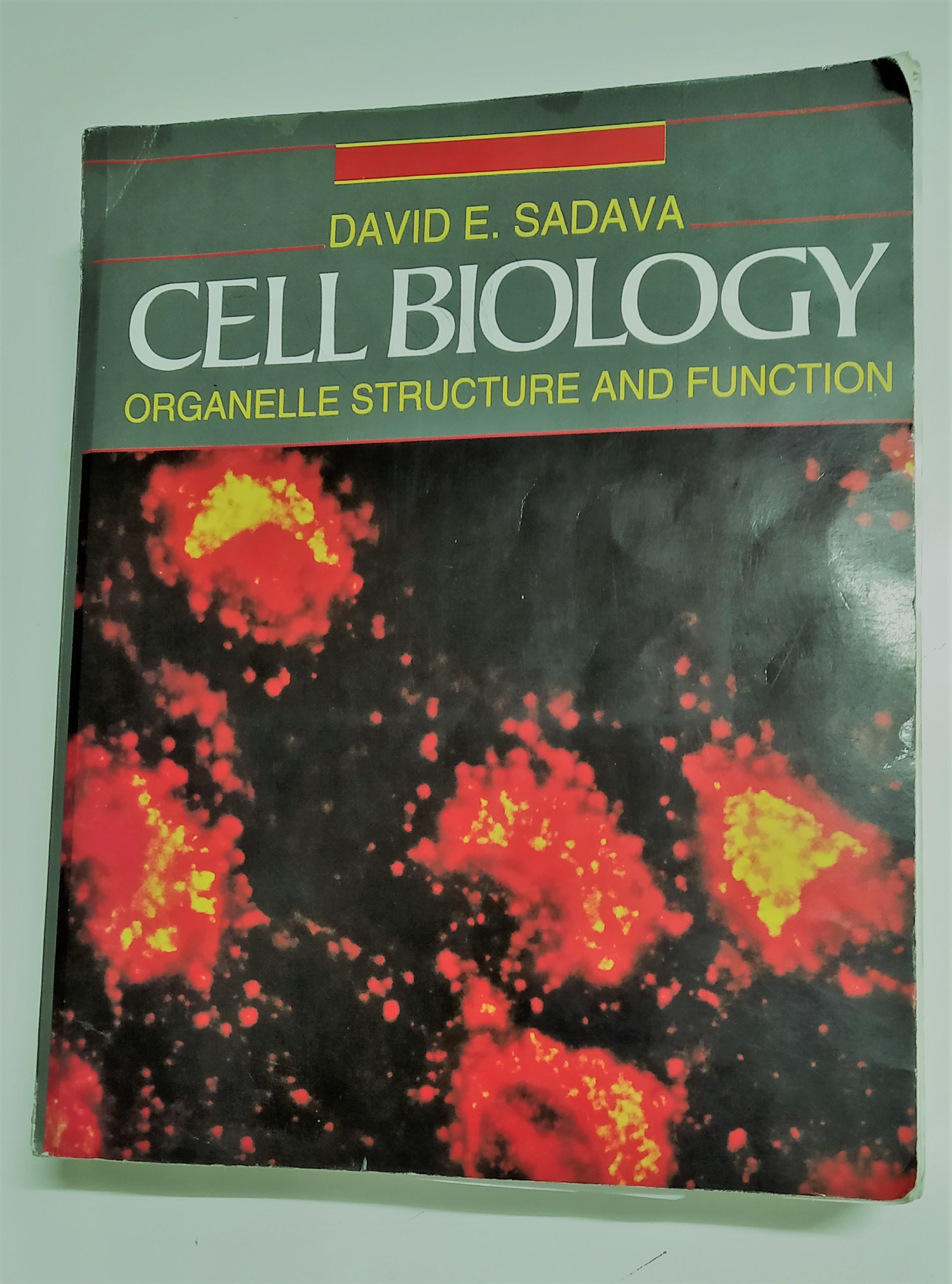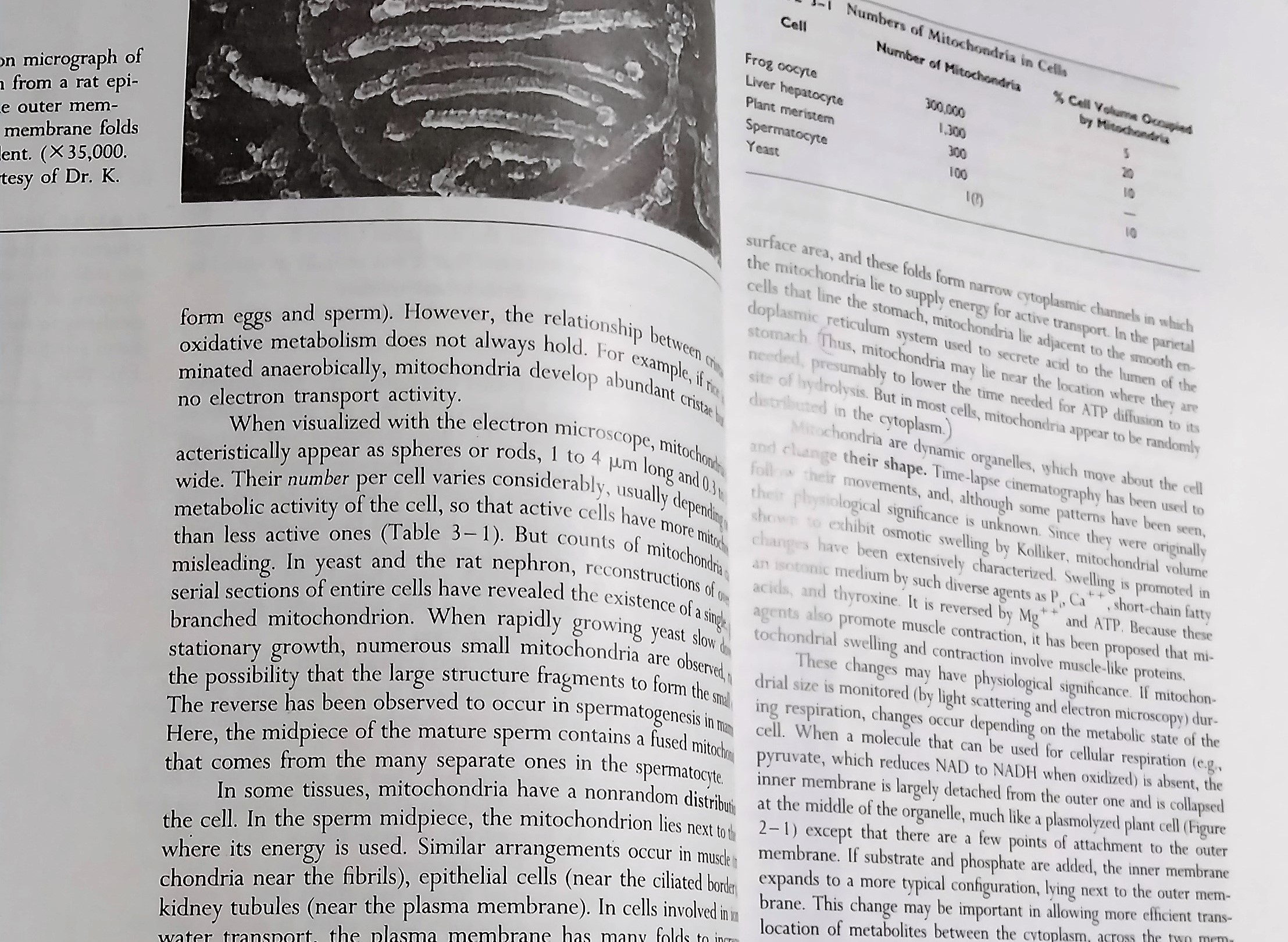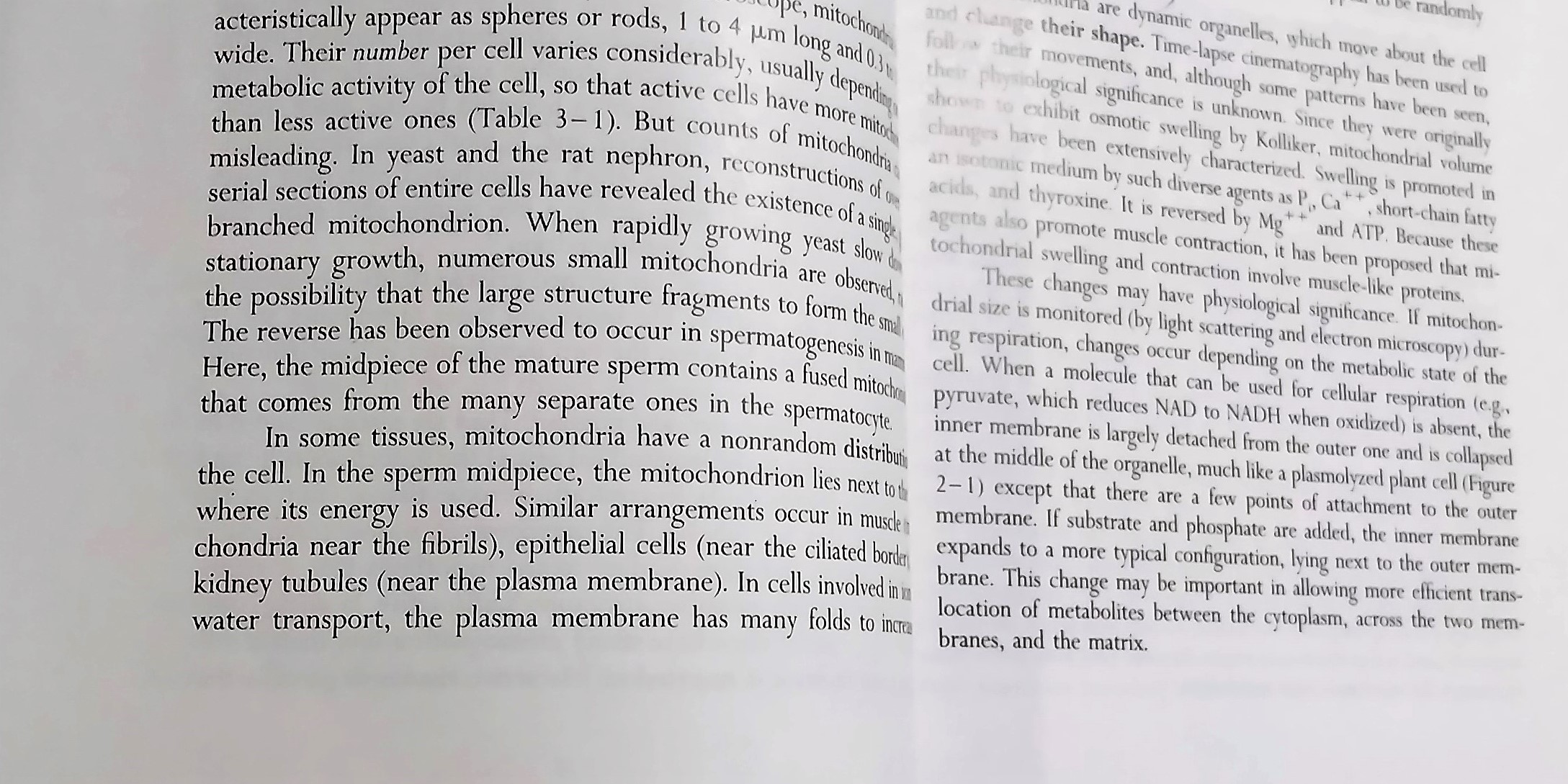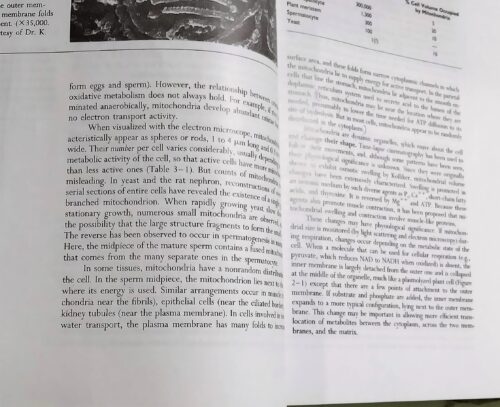Cell biology: organelle structure & functions by David E. Sadava review
This is my first ever book review post on Cell Biology by David E. Sadava. The book is by CBS Publishers and distributors. I will review the Cell biology by David E.

Let’s start the review…
If you want to read the main review of the book, then simply move to the review section of the book which is just after the ‘book preface’. Go ahead, happy reading…
About the Publisher
CBS publishers ISBN No. 81-239-1408-3
Jones and Barlett ISBN No. 0-86720-228-9
First Indian reprint: 2009
published by Satish Kumar Jain and produces by Vinod Kumar Jain for CBS Publishers and distributors.
Brief Content page
Cell biology by David E. Sadava has a total of 14 chapters and 4 Appendix mentioned on their brief contents page. It is a page before the main content page. Here is the complete brief content page…
Chapter No. Page No.
- Cell membrane structure 1
- Cell membrane function 36
- Mitochondria 91
- Plastids 127
- Biogenesis of plastids and mitochondria 166
- Endoplasmic reticulum 203
- Golgi complex 240
- Lysosomes vacuoles, and microbodies 275
- The cytoskeleton 311
- Nucleus and Cytoplasm 355
- Nucleolus and Ribosomes 408
- cell cycle 422
- The extracellular matrix 497
- Cell interactions 538
Appendix
- Methods 580
- Outline of Biochemistry 616
- A guide to the literature on Cell Organelles 641
- Problems 648
After the brief content page, there is a content page where all the headings and subheadings of chapters are mentioned.
Brief preface of the cell biology book
If you do not want to read the preface of the book written by David E. Sadava, then simply skip this part and move further.
According to its preface, this book is about the biochemistry and molecular biology of eukaryotic cells and their organelles. This book is based on four themes. Namely,
- First, the relationship between biological structure and functions.
- the second theme is the unity and yet diversity in nature
- the third theme is an emphasis not only what we know but on how we know it
- the fourth theme comes from the author’s belief that cell biology is an applied science with its discoveries quickly used in the two major areas of applied biology mainly medicine and agriculture.
In the beginning, chapter starts with the cell membrane. After that, subsequent chapters discuss the major membrane-bound organelles. Further, the two important energy-producing structures, mitochondria, and plastids are described in chapter 3 & 4
Review of Cell biology by D avid E. Sadava
Pages
The book is printed on semi-glossy papers. A big disadvantage of semi-gloss papers is that it will make the reading experience inconvenient. As a result of its finish, light reflects from the surface of the paper and causes inconvenience to readers. Overall, I am not a fan of such papers. I may appreciate if the publisher chose matte papers instead of semi-gloss. Did I forget to mention that the book contains in total of 698 pages? Oh… I just mentioned.
Lastly, the color of the pages is quite towards a yellow side.
I am sharing some images of the text so that they will clear my point. I am really sorry about the quality of the images.


Images
Undoubtedly, the book has well accepted black and white image printing format. Cell biology by David E. Sadava ( the book) contains a good no. of images, diagrams, tables, and illustrations. In fact, if you turn pages one after the other, you will notice that the book has at least one diagram or table per page turn. In other words, a good amount of images are used to appeal to its content. Eventually, I am impressed by illustrations and a big thumbs up. Above all, the book won my heart at this part.
Book
As the author mentioned in his preface that it is not a molecular biology textbook nor a biochemistry one. Unquestionably, this book is aimed at readers who have studied biology and chemistry at the introductory level.
I highly recommend staying away from this book if you never read cell biology at an introductory level. Because it can frustrate you. Additionally, you will always feel a lack of basic information or you may feel like something important is missing from the text. For instance, if you want to read the topic “Cell cycle” and you pick this book for the topic. You open chapter no. 12, page no. 442 and start reading. As a result, you will end up with a headache ( in case of the first-time reader of the topic). Yes, a headache that will start from your head and ends at your tailbone (LOLs) or maybe it can even spread up to your toenail. My apologies, I am not good at making jokes. So, please pardon. Now, let’s go back to the review…
According to me, this book is beneficial for students who are pursuing a higher level of education because the complexity and language of the book
I purchase this book when I was pursuing my B. Tech because I was told that it is our textbook for cell biology. Although I do not remember the exact price of the book, it might be under ₹1000 or maybe less.
Soon after I read this book, I realized that it is not the book I am looking for. As a result, I never read it for my entire semester and it remained in the dark corners of my study desk for the rest of my
My final thought on this book
Indeed it is a good book, very detailed, and informative. Though, not for those who study the night before their examination. If you are such kind of person, please stick to more simple ones(Try this one). I am saying it because if you do so, you will going to regret it as a single topic can consume your entire night. Although it contains very good illustrations and tables that can help you
Twinkle twinkle little stars
last but not least, score time…
- Readability: 3/5
- information: 3.5/5
- diagrams: 4.5/5
- comprehension: 2.5/5
Total score: 3.3/5
Anyone who had read this book or want to share your opinion about this book, please don’t hesitate to share your views in the comments section below.
